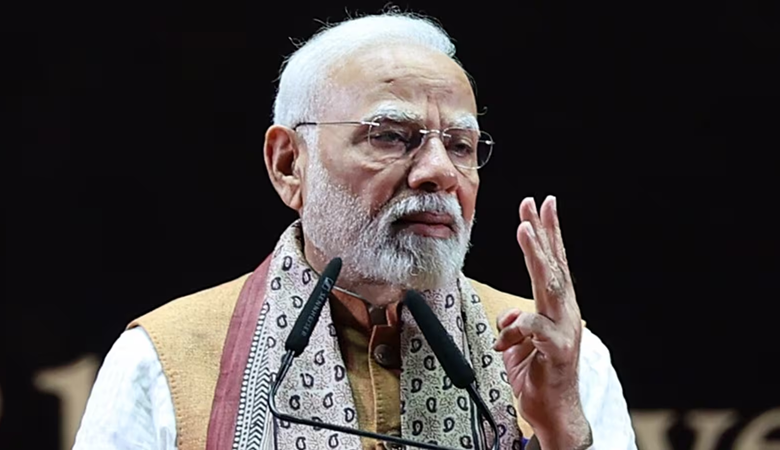Foreigners react to India’s One Nation-One Subscription unlocking 13,000 journals for free: ‘Hope US can compete…’

News Mania Desk / Piyal Chatterjee / 4th December 2024
India, the world’s third-largest producer of research papers, is poised to transform access to academic resources. Under the new One Nation-One Subscription (ONOS) plan, which will go into effect in January 2025, 18 million students, researchers, and professors will have free access to approximately 13,000 articles, including difficult-to-access titles from Elsevier, Springer Nature, and Wiley. Foreigners have praised the decision, citing its potential to transform India’s research ecosystem.
On November 25, Prime Minister Modi will announce his cabinet. The $715 million deal, which spans three years, includes 30 major publishers and is the largest of its kind in the world. Following two years of intense discussions, this project will provide Indian academics with access to a multitude of research articles via a single platform, lowering expenses and increasing access.
A Reddit user from the US thinks, “Easy access to knowledge is hugely beneficial, and I hope the US can compete with it in the long term.” “India is doing things right here,” another commenter posted. “Wow. I used to cry about this all the time during med school. Not having access to journals is a huge barrier to (open) science and research. Big equalizer moves from the Indian government,” Zaitoon from America wrote.
“I greatly admire Modi and his cabinet. It’s sad that many people fail to see the incredible work he and his administration have done for the country. They are a prime example of how a nation and its leaders should operate to manage 1.5 billion people while addressing the corruption and mess created by previous governments. Modi is truly an exceptional leader,” an X user chimed in.
“This will take Indian research and scientific advancement to another level. I hope other developing countries can think long-term and lay such strong foundations for sustained development,” another person wrote. “The US hasn’t but should. A small step towards equal collections across all institutions. Anything published in the US should automatically have a site license for the US government. (Another proposal that needs traction in Congress).”
The Union Cabinet’s unprecedented effort aims to democratize access to research by providing key academic resources to students and institutions across India, regardless of financial capacity. However, the significant investment in journal subscriptions has raised discussion among specialists, particularly as the worldwide academic scene shifts toward open access (OA) publishing.
OA, which provides free access to research articles without author fees, is rapidly gaining traction, with half of all new research articles being published under this model. Critics like Sridhar Gutam, an advocate for OA, argue that India’s focus on traditional subscription models is a short-term fix, according to Science.Org. Muthu Madhan, director at O.P. Jindal Global University, suggests that the funds allocated to journal subscriptions could be better used to enhance research stipends and improve laboratory infrastructure.
On the other hand, specialists such as Professor Manoj Kumar Tiwari emphasize the necessity of trustworthy data and infrastructure in study. He feels that equipment, consumables, and support services are equally important as access to journals. This program will grant access to journals while also upgrading “research infrastructure, creating a more efficient and accessible environment for academic growth and innovation.”






